Backstory
Since 2011 we at BuddyBoss have built our company around helping individuals and businesses succeed with online communities, courses, and membership sites.
In the early days, we relied on BuddyPress & bbPress to achieve that mission; both open-source plugins that allow anyone to add social community and forum functionality to their WordPress websites.
For many years BuddyBoss products and services proudly contributed to the popularity and growth of BuddyPress & bbPress and for many years we delighted our customers and clients by helping them to achieve the experience they had imagined when they first discovered BuddyPress & bbPress.
But as the years went by the challenges of relying on those plugins began to mount and we noticed that our customers were facing many of the same difficulties over and over again
Challenges We Faced Relying On BuddyPress & bbPress
Selling Our Customers On BuddyPress & bbPress Became Difficult
Our products and services needed BuddyPress & bbPress to function, so we had to first sell our customers on committing to those platforms. This got harder and harder as web design trends modernized but their marketing sites lagged behind.
For our customers who were business owners or community leaders, it was hard for them to get excited about the product. They needed to see a site that was marketed towards them, not developers. They needed to see a website that looked professional, with case studies of other businesses using the platform.
For our customers who were universities or corporations, they needed to see a website that filled them with confidence, that was marketed professionally showing systems were modern and allowed them to get buy-in from other stakeholders in their organizations.
Taking a look at those websites today unfortunately continues to tell the same story, with only 1 minor design update in the last 10 years.
BuddyPress Marketing Site – October 2022
BuddyPress Marketing Site – March 2015
BuddyPress Marketing Site – Nov 2012
Basic Feature Customisation Costs Disappointed Our Customers
After convincing our customers to use BuddyPress & bbPress our next challenge was in convincing them to spend the majority of their initial budget and time to add the basic functionality they expected to be built in.
They expected to see many of the features that had become ubiquitous on other social platforms like the ability to run a private community, to feature multimedia content like photos, videos, and documents, to “like” content and “follow” other users, and even the ability to simply search the community. None of these were core features of BuddyPress or bbPress and unfortunately, most are still missing to this day.
Every time we took on a project we had to do this basic work before we could get started on any of the cool stuff they wanted to make their communities unique. That disappointed many of our customers when they were excited about getting started and launching their sites.
Using BuddyPress Created A Disjointed Experience With A Bloated Codebase
To achieve that basic functionality we often had to use several plugins from 3rd party developers, and ended up creating many plugins ourselves. That ended up in a bloated codebase and a disjointed user and administrator experience.
It was clear to us that our customers expected more out of the box and were disappointed that they needed to buy and maintain so many plugins for what they considered to be core features and the limiting experience that this created while trying to manage their communities and websites.
Slow Development & Poor Support Experience Left Customers Disappointed
Developing an interactive software platform is hard, even when you have a team of dedicated, full-time paid development staff like we do. It’s a constant balancing act to manage resources, quality, and customer expectations and keep up with the pace of emerging technologies.
But for a volunteer-led, community development project, with little to no funding or self-sustaining revenue streams like BuddyPress and bbPress, it was an incredible achievement simply getting as far as they did. While the development efforts got it to where it deserved to be commended, unfortunately, our customers were left feeling disappointed when key features never progressed.
Our customers would frequently voice that disappointment to us because… they were our customers, even though we had no control over it.
The same was true of the BuddyPress support forums. Despite a valiant effort from the community of volunteers, some of whom dedicated hundreds of hours to answering thousands of customer queries for free, the forum experience disappointed many BuddyPress & bbPress users. Hundreds of questions remain unanswered, with many answers taking days or weeks to arrive if they arrive at all.
On the other hand, we have invested a lot in our support team over the years. Users often couldn’t tell if their problem was coming from BuddyPress or bbPress, and because the support experience we provided was fast and professional, users often turned to us for free support with those plugins even though they weren’t our products. We provided that support freely for a long time.
Relying On BuddyPress & bbPress Was Impacting Our Growth
We had begun development of the BuddyBoss App which was entirely API driven. This meant we would, again, have been stuck relying on the BuddyPress API to power a new cutting-edge technology. This wouldn’t have covered everything we needed in the App and wouldn’t have allowed us to implement advanced functionality like API caching for example.
As you can see our entire business relied on the success or failure of an external platform that we had no control over. Even if the platform had picked up the pace of development, had the investment it needed, and had the support it needed to encourage those dedicated contributors to pledge more of their hard work to make it the great platform that it had the potential to be, it still left our business vulnerable.
The Fork In The Road
By 2018 we knew we were going to have to get more involved with the projects to help resolve these challenges.
So we met with key members of the BuddyPress team and after a great conversation, we proposed several huge undertakings that we offered to contribute to the project:
Redesign Both Marketing Websites
We offered to redesign the BuddyPress and bbPress marketing websites, as we knew that this would have an enormous positive impact on the open-source projects.
Redesigning the marketing websites was long overdue and with the competition from other social networks heating up, the BuddyPress and bbPress websites were making the software look like antiquated technology only made for developers that nobody could get excited about.
Two Mobile Apps For The Support Forums
We also offered to develop two Native Mobile Apps based on our new technology dedicated to the BuddyPress and bbPress Support Forums.
Whilst the level of support that contributors were providing for free was commendable, the support experience for users was lacking and the experience as a whole made users feel abandoned to wrangle the platform by themselves. We knew that our new app technology could have revolutionized the way that users communed around the product. We knew that providing users with a modern and usable experience would fill them with confidence in the platform.
Marketing Resources For Case Studies & Blog Content
We also pledged resources from our marketing team to help with creating case studies and related content for the BuddyPress & bbPress Blog.
We wanted to showcase users of BuddyPress & bbPress that were doing amazing things with the platform, with thriving communities creating real impact in the world. We knew that this would inspire others who wanted to break free from traditional social platforms and see what was possible with BuddyPress & bbPress
Development Resources For Two Dedicated Themes
From our development team, we pledged to contribute towards dedicated free themes for BuddyPress and bbPress to finally provide all users of the free platforms with a frontend experience that was modern and exciting.
What We Delivered
In the following months, we sent iOS & Android app designs and followed that with a working prototype of a Native iOS App for the bbPress Support Forums on request from the team. We waited to hear the results of internal discussions about the other projects we had pledged to help.
Unfortunately, after some initial excitement… all communication stopped and no more feedback came.
We knew then that we had no choice but to go our own way.
Our goal was to provide users with all of the default functionality that they expected out of the box whilst still keeping the platform completely free and open source in the spirit of the original project. So over the next year, we merged bbPress forums into the core of BuddyPress and rapidly expanded the included feature set so that most 3rd party extensions would no longer be needed.
In mid-2019 we launched the free and open-source BuddyBoss Platform.
How BuddyBoss Has Evolved Since The Fork
At the time of launch, the free BuddyBoss Platform already included many of the core components users had been requesting for years and were previously using a web of disjointed 3rd party plugins to achieve
3 and a half years later, the BuddyBoss Platform now includes over 50+ core features and components that are vital to the success of online communities, courses, and membership sites that are still not available in BuddyPress or bbPress including several major new components for large feature set such as photos, videos, documents, and network search to name a few.
We also added countless quality of life improvements like the ability for admins to easily view the site as any user, the ability to follow users, updating the messaging interface to behave more like other social networks, and the ability to operate a private community.
Frequency & Number Of Releases & Updates
Since 2019 we have released 112 new versions of the Free Platform, with an average of 2.6 releases per month with an average of between 7 and 23 major and minor updates in each.
That’s around 1,800 total updates in 3 years to the free platform alone.
Over that same period, BuddyPress has had 23 new versions with 455 total updates (of which only 110 were categorized as enhancements)
In number alone, that means that BuddyBoss Platform development is moving 296% faster than BuddyPress, which says nothing about the size, scale or impact of releases.
Modernizing Or Rebuilding Core Functionality & Components
In that time we have also taken many of the BuddyPress core functionalities and modernized them or in some cases completely rebuilt them to be more user and developer friendly.
Features like Symlink for file and media security, Redis Object Cache support for much better performance, the improved Notifications system allowing much easier notification types to be developed and much more granular notification control for admins, and the improved Messaging component providing a far more modern messaging experience among many others.
We’re also not just adding more and more new features but reconstructing features to reduce the bloat and optimize the original code for better security, better performance, and to be more extendable for developers, and more customizable for admins.
Investing In Developer Resources
Outside of the product itself, we have also invested heavily in creating exhaustive written and video tutorials for users and developer tutorials that we release alongside every major release.
We’ve also invested heavily in a detailed API reference and code reference making development far more straightforward and accessible than ever before.
The GPL & Other Notable Projects
So how does the BuddyBoss Platform now relate to the Open Source Project?
Well the GPL is an open-source license that enshrines the freedoms of developers to run, study, modify and redistribute code in any way they like as long as they pass the same freedoms on.
The existence of this open-source license is what gave rise to WordPress itself, which was originally a fork of b2/cafelog. The free WordPress core platform is now supported by a suite of premium add-ons and services provided by Automattic that largely funds the development and support of the core. The b2/cafelog project has largely been abandoned since.
Over the years, many other forks have come into existence when the pace of development of the original has fallen behind. WooCommerce; a fork of Jigoshop, is one of the most well-known forks which was eventually also acquired by Automattic and forms part of their portfolio that earns them over $780M in annual revenue. Jigoshop has now also been abandoned.
The BuddyBoss Platform remains free and open source under the GPL v3 License, available for anyone to download and fork at any time if they wish.
We continue to fund the development of our free and open-source platform through the success of our companion premium offerings, and that has significant benefits to BuddyBoss users.
For one, it means that your use of the free platform is supported by a small army of paid support staff who are there to help you achieve success with your community. You can check out this recent episode of Inside BuddyBoss for a detailed walkthrough of our internal support processes with our incredible Support Manager Graham Hoffman.
It also means that the BuddyBoss Platform is at no risk of shutting down or disappearing because of a lack of resources or interest, as was suggested could happen to BuddyPress recently by some of their core team in their recent developer meeting here.
Credit Where Credit Is Due
To this day we have a permanent acknowledgments page within the BuddyBoss Platform that identifies BuddyBoss as a fork of BuddyPress and credits the original contributors of the BuddyPress plugin with links to their wordpress.org profiles.
The WordPress ecosystem is built on the shoulders of giants and BuddyBoss is no exception, we are proud of our history and excited for a future that is only growing brighter and brighter each day.
Just take a look at our public roadmap and you will see the ambitious plans we have to move this project ever forward, ever faster.
It’s chock-full of cutting-edge features in development, for the free and premium products, that already keep our full-time development team busy up to their eyeballs and we are always looking for new hires.
That is also the reason we no longer action pull requests on our public git repo; we simply don’t have the capacity to manage public submissions in that way. Instead, we take all feedback and insight through our roadmap which goes into our internal planning system to be worked on by our full-time development staff who have the necessary visibility across the full scope of our product line to be able to work on those items effectively and in line with our company’s direction.
If you have contributed to the BuddyPress or bbPress projects, or if you are just as passionate about the success of online communities, courses, and memberships as we are and you want to contribute to an open source project that is shaping the future of WordPress and beyond, then we invite you to join us.

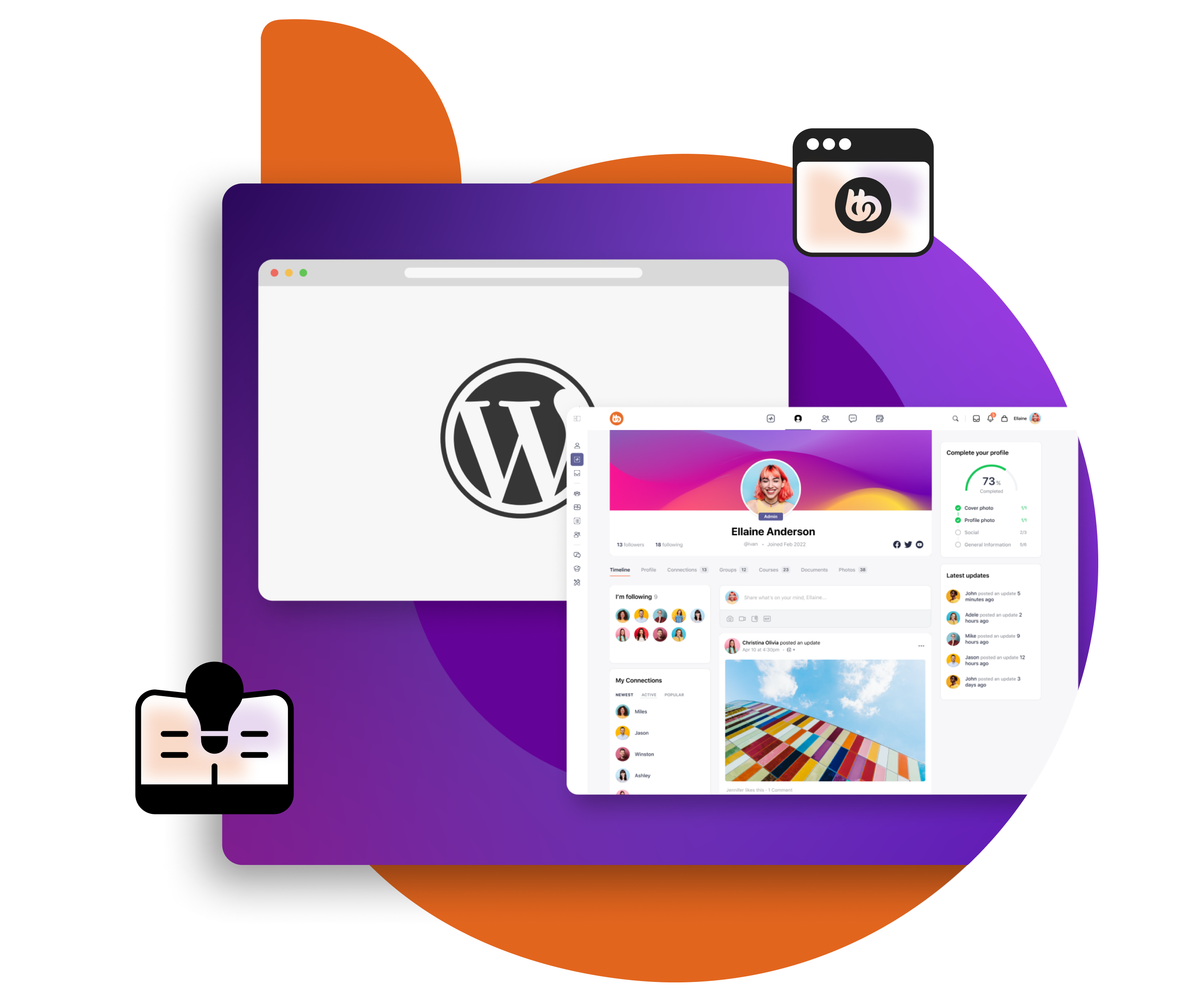
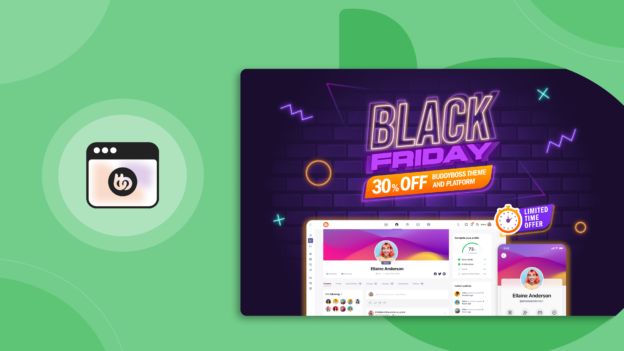
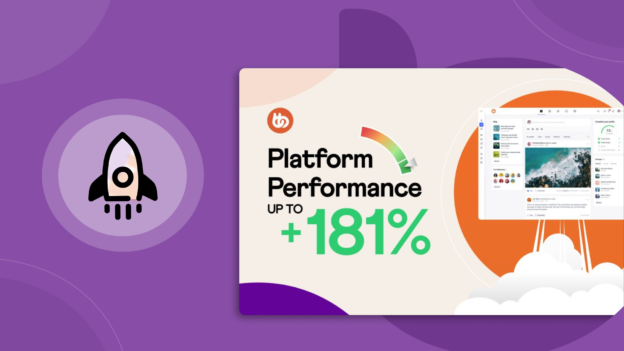
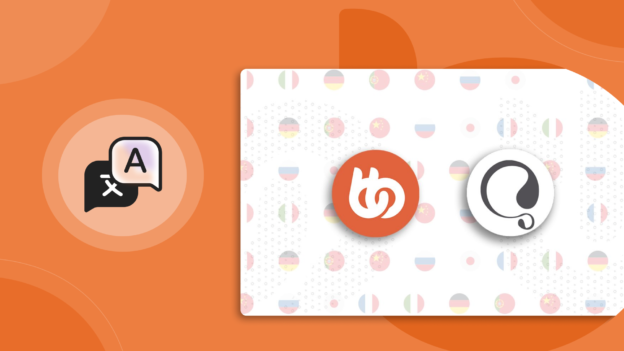
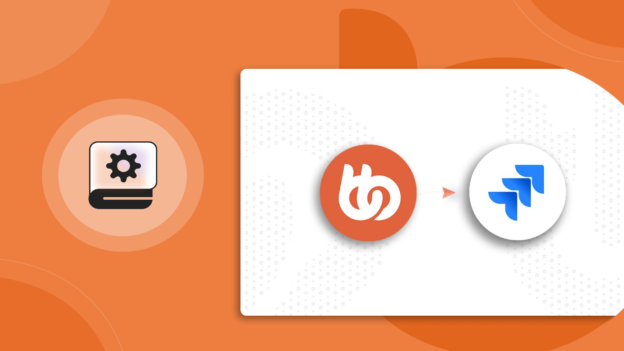
 © All rights reserved, BUDDYBOSS LLC 2024
© All rights reserved, BUDDYBOSS LLC 2024




